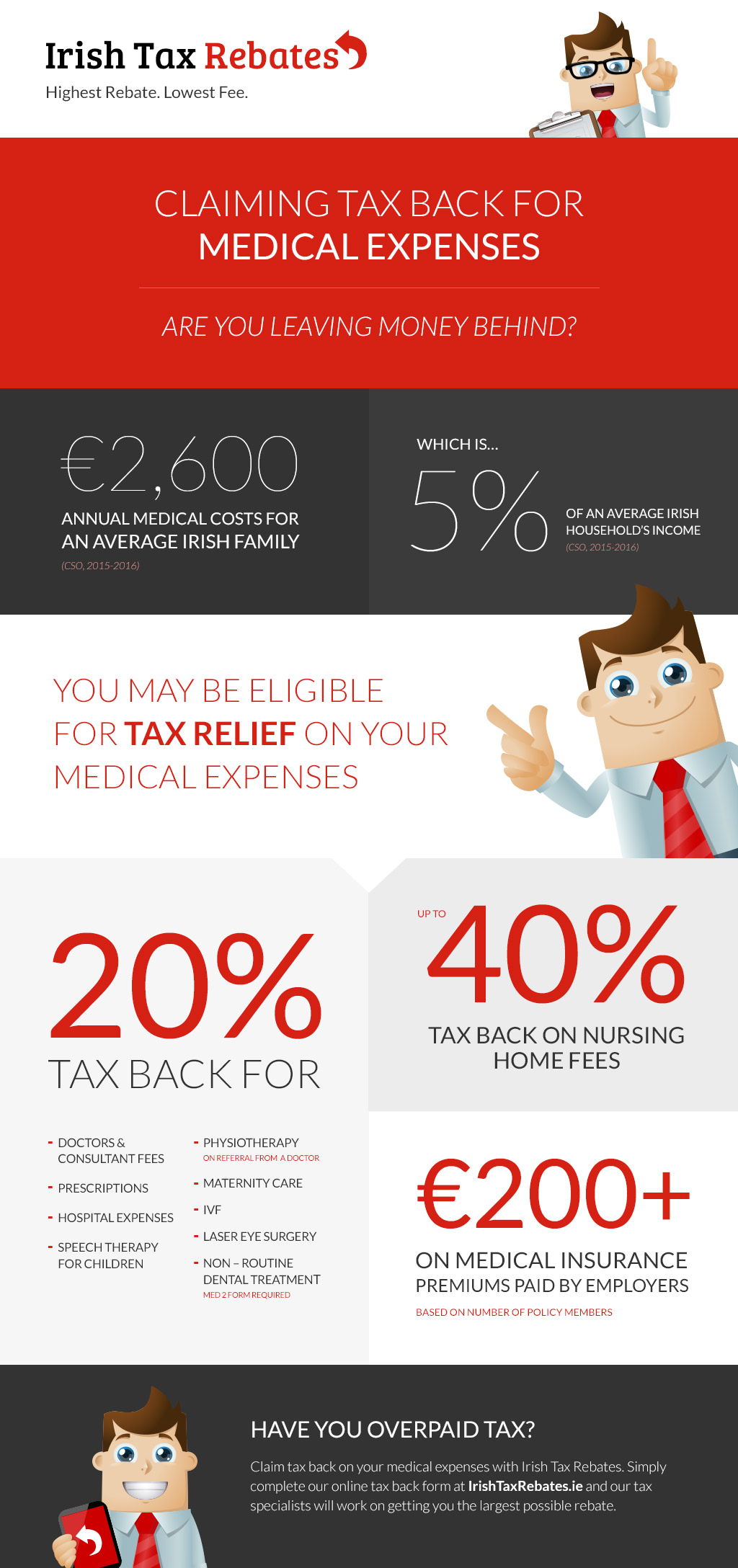Thinking Of SMILE Surgical Treatment? Analyze Important Aspects And Insights That Can Empower You To Make An Informed Choice Concerning Your Sight'S Future
Thinking Of SMILE Surgical Treatment? Analyze Important Aspects And Insights That Can Empower You To Make An Informed Choice Concerning Your Sight'S Future
Blog Article
what to know about cataract surgery By-Diaz Reece
If you're considering SMILE eye surgical treatment, ponder this: are you prepared to accept prospective visual liberty, or does the idea of any type of risks make you think twice? Your choice will certainly hinge on a cautious equilibrium of evaluating the benefits versus the unpredictabilities. It's essential to delve deeper right into the nuances of SMILE surgical procedure to make an enlightened choice that lines up with your aesthetic goals.
Recognizing SMILE Eye Surgical Procedure
When considering SMILE Eye Surgery, it is necessary to recognize the treatment and its benefits. SMILE, which means Tiny Laceration Lenticule Removal, is a minimally intrusive laser eye surgical procedure that corrects common vision issues like nearsightedness (nearsightedness).
Throughout the treatment, your eye cosmetic surgeon will utilize a femtosecond laser to produce a tiny laceration in your cornea. Via this incision, a little disc of tissue called a lenticule is eliminated, improving the cornea and fixing your vision.
One of the vital advantages of SMILE Eye Surgical procedure is its fast recovery time. Lots of people experience enhanced vision within a day or 2 after the procedure, with minimal discomfort.
Furthermore, which cataract surgery lens is best is understood for its high success rate in supplying lasting vision adjustment. Unlike LASIK, SMILE doesn't call for the development of a flap in the cornea, lowering the danger of problems and allowing for a much more secure corneal framework post-surgery.
Recognizing the procedure and its advantages is essential when taking into consideration SMILE Eye Surgery for vision correction.
Advantages and disadvantages of SMILE
Thinking About SMILE Eye Surgical treatment for vision adjustment includes different advantages and possible downsides.
Among the main pros of SMILE is its minimally invasive nature, as it involves a little laceration and generally leads to quick recovery times. The procedure is additionally understood for triggering marginal pain and dry eye signs and symptoms post-surgery contrasted to other vision correction techniques. Furthermore, SMILE has actually been revealed to supply outstanding aesthetic end results, with many people achieving 20/20 vision or much better.
On the other hand, a potential disadvantage of SMILE is that it might not appropriate for individuals with severe refractive mistakes, as the therapy array is rather limited compared to LASIK. An additional factor to consider is that the knowing curve for surgeons applying SMILE can impact the availability of knowledgeable providers in certain areas.
It is necessary to evaluate these advantages and disadvantages meticulously when determining if SMILE is the right option for your vision correction demands.
Identifying Qualification for SMILE
To identify if you're qualified for SMILE eye surgical procedure, your optometrist will certainly carry out a complete assessment of your eye health and vision demands. During this assessment, variables such as the security of your vision prescription, the thickness of your cornea, and the total health of your eyes will be evaluated.
Normally, prospects for SMILE more than 22 years of ages, have a steady vision prescription for at least a year, and have healthy and balanced corneas without problems like keratoconus.
Your eye doctor will certainly additionally consider your general eye health, any kind of existing eye conditions, and your way of living requires to determine if SMILE is the ideal option for you. lasik versus cataract surgery to connect any type of particular aesthetic needs or issues you may have during this examination to ensure that the treatment lines up with your expectations.
If you aren't eligible for SMILE, your eye doctor may advise different vision improvement choices that far better fit your private demands and eye health status.
Final thought
Eventually, choosing whether SMILE eye surgical treatment is right for you needs careful factor to consider of your private eye health and wellness and visual requirements. Consult with your optometrist to establish your eligibility for the treatment and weigh the possible benefits and downsides. Remember to interact any problems or questions you might have throughout the evaluation procedure to make an informed decision about your vision improvement choices.
